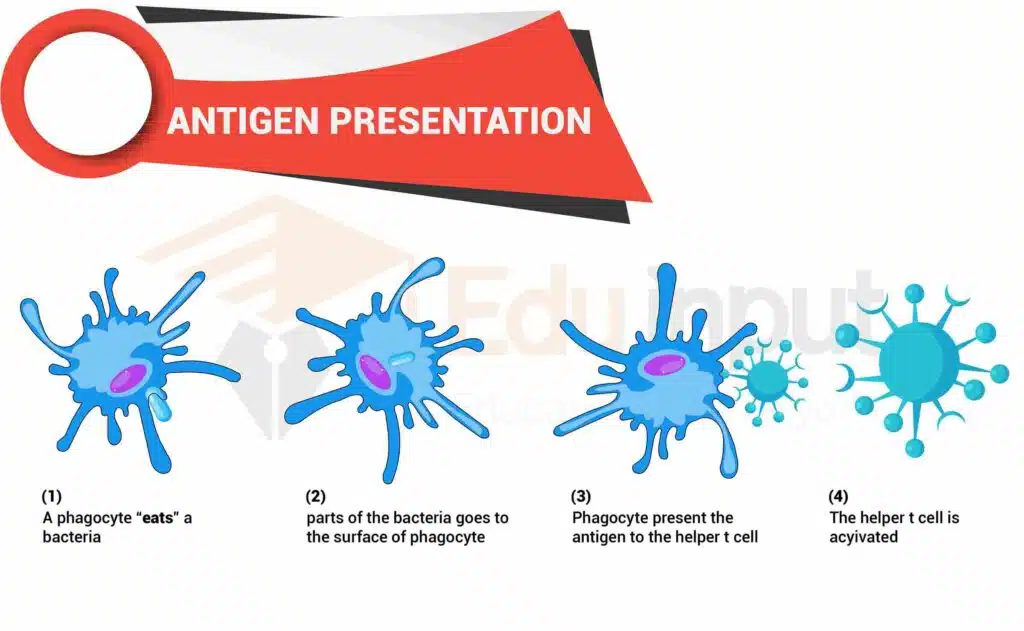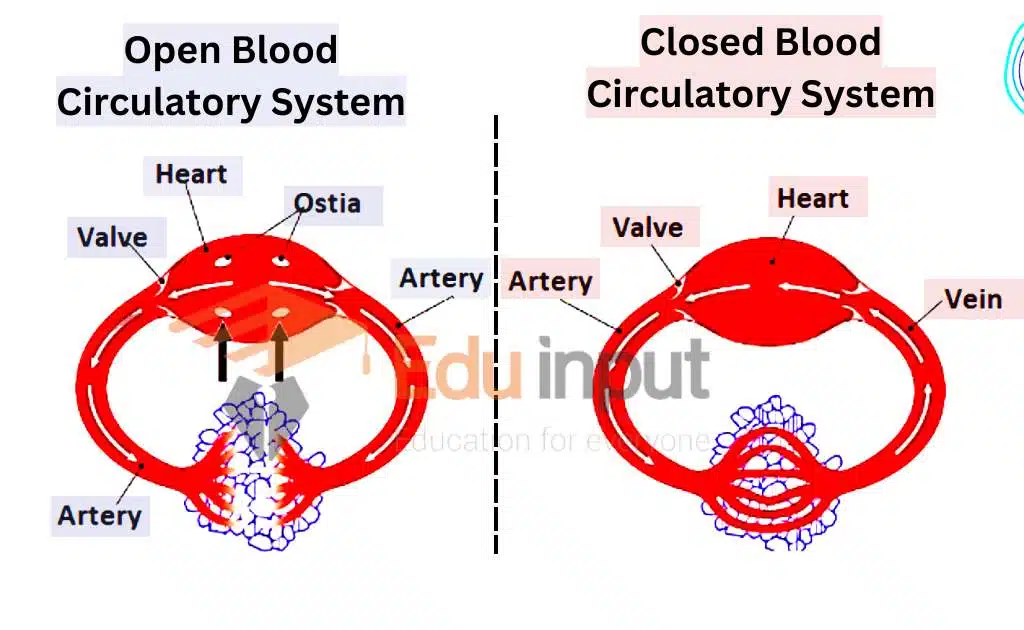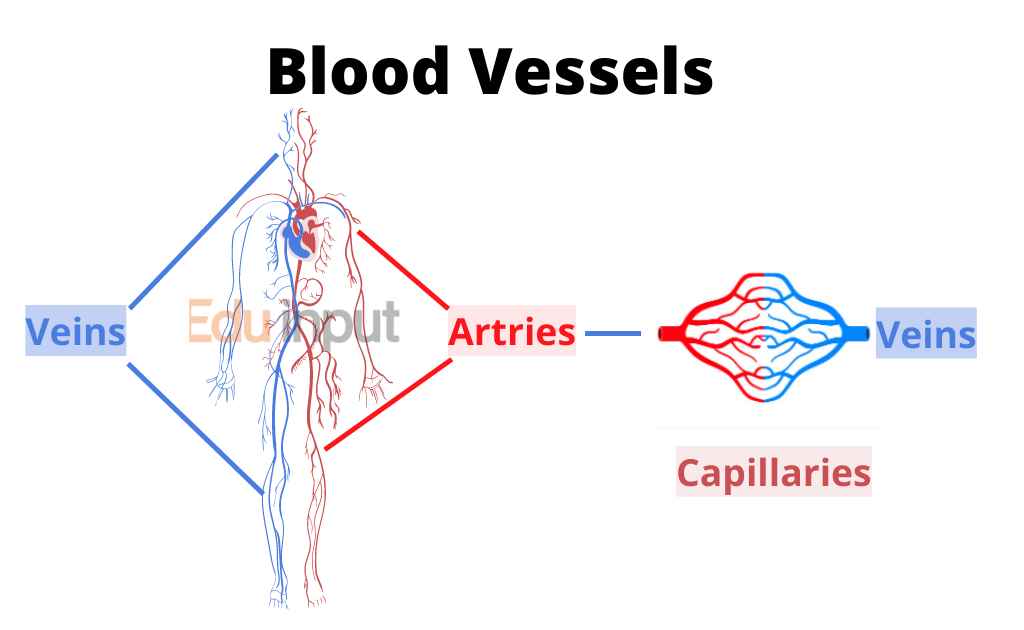T Lymphocytes (T Cells)-Types and Function
T cells are a lot like bloodhounds. They focus on Antigens and don’t give up until they find it. When it comes to the immune system, T cells specifically target foreign particles.
This makes them different from other types of immune cells which attack anything that looks different from the body’s healthy cells. Because they are so specific, T cells play a very important role in immunity.
They get their name from the thymus, which is an organ located under the breastbone. T cells are produced from stem cells in the bone marrow and then move to the thymus to mature. They are also called t cells or Thymocytes.
Lymphocytes
Lymphocytes are a type of white blood cell that is very important to the immune system. They are responsible for determining how the immune system will respond to an infection or other foreign substance.
Types Of Lymphocytes
There are two types of lymphocytes.
- B lymphocytes
- T lymphocytes
They work collectively to defend the body against pathogens or dead cells of the body. They do so by using the phagocytosis process.
Let’s Discuss what T cells are and how they perform?
Types Of T Cells
There are two types of T cells:
- T helper cells
- T killer cells
T Helper Cells
Helper T cells are the major driving force and the main regulators of the Immune defense. Their primary task is to activate B cells and killer T cells. However, the helper T cells themselves must be activated.
T Killer Cells
They recognize foreign objects or antigens to be killed. When killer cells are activated, they secrete cytokines and cytotoxic to attack infected cells or cancer cells.
The function of T Cells
- There are a few key players when it comes to immunity: macrophages and dendritic cells, which function a bit like vacuum cleaners, consuming pathogens and lymph nodes.
- When a helper T cell receptor comes into contact with an antigen displayed on the surface of a macrophage or dendritic cell, the T cell is activated. Once activated, helper T cells start to divide and produce proteins that help activate B and other immune cells.
- Killer T cells play an important role in our body’s fight against infection and disease. These specialized cells help to identify and eliminate cells that have been infected by viruses or bacteria, and in some cases, they can also help to target and destroy cancer cells.
- Killer T cells are like tiny search engines, scouring each cell they meet for signs of infection. If they find an infected cell, they quickly destroy it. Infected cells are easy to spot because they have tiny traces of the intruder, called an antigen, on their surface.







Leave a Reply